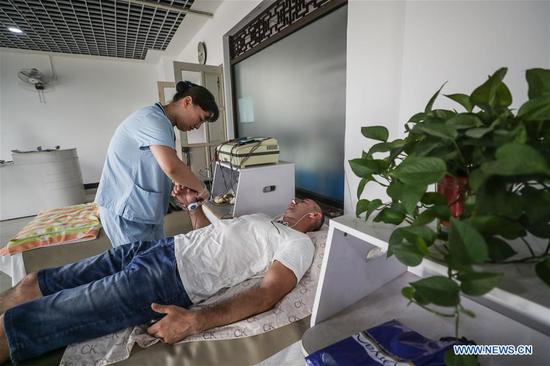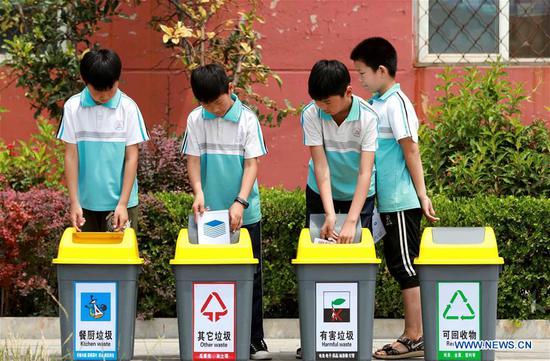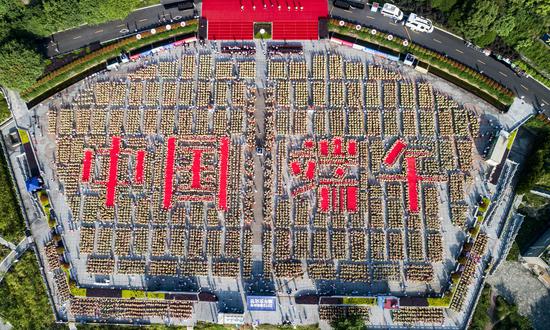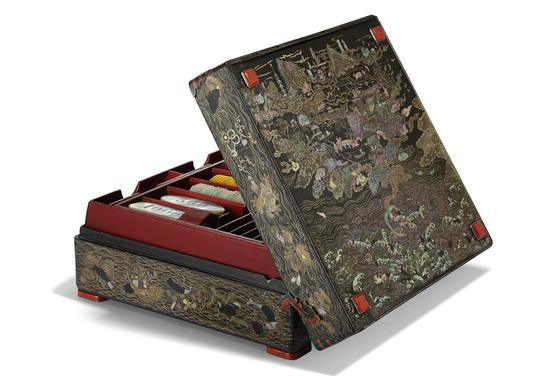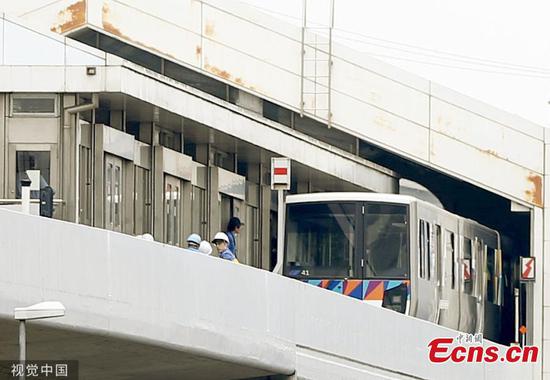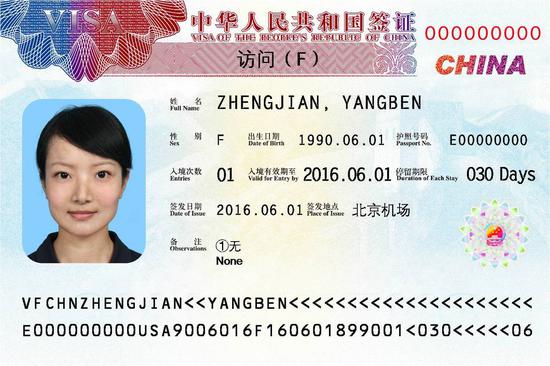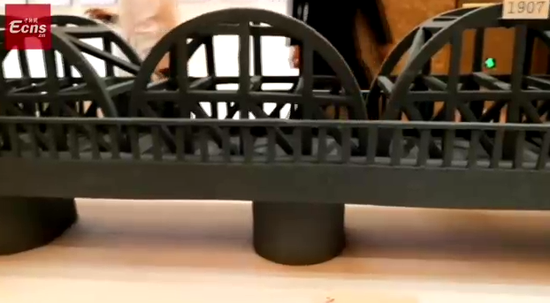People who provide clues in medical insurance fraud cases can receive a maximum reward of 100,000 yuan ($14,500), Beijing municipal authorities announced recently.
According to a guide jointly published by Beijing's finance and medical insurance bureaus on May 28, any person who provides information about the pharmacies, hospitals or medical institutions whose actions have caused medical insurance losses will be given a reward equivalent to 2 percent of the losses. If the loss is more than 500,000 yuan, the reward will be increased to 4 percent of the amount.
If the fraud doesn't involve financial loss, but is proven to be true, the informant will be rewarded with 500 yuan.
The municipal government ordered that all authorities should reply to an informant's claim about medical fraud within 15 days. The informant should be told whether or not the case has been accepted or rejected.
If it is rejected, the authority should provide a reason. If it is accepted, the investigation and results should be given in 30 days.
Du Xin, deputy head of Beijing's medical insurance bureau, said the medical healthcare insurance fund is drawn from people's savings. Defrauding the fund damages the public interest and should be strictly forbidden and punished.
Since the authority started a campaign against fraud in September 2018, Beijing has recovered medical insurance losses of 7.9 million yuan.
In some cases, the hospitals have been faking hospitalization expenses so "familiar" patients can bilk money from the health insurance fund. Some nurses and doctors have also been accused of involvement in fraudulent practices.
Some hospitals charged patients who use health insurance cards more money, which not only added to the costs of the patients, but also caused losses to the fund.
There are also cases of individuals using their insurance coverage to buy excessive amounts of medicine from different hospitals and then selling it.
Du said the authority can monitor repeated drug purchases within a 30-day period and notify hospitals of suspected breaches.
"The next step is to automatically stop such repeated prescriptions based on our data. The system will refuse to pay those bills," he said.
So far, Beijing has punished 39 hospitals and three pharmacies over medical insurance fraud and brought 90 individuals to justice.









